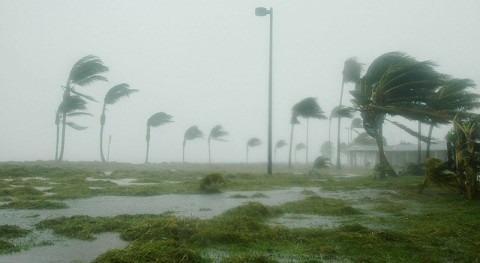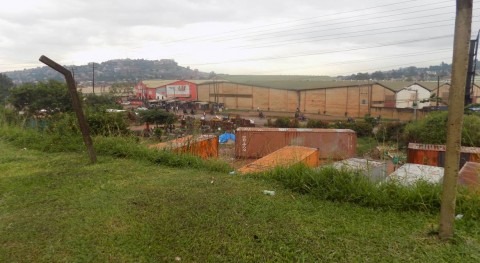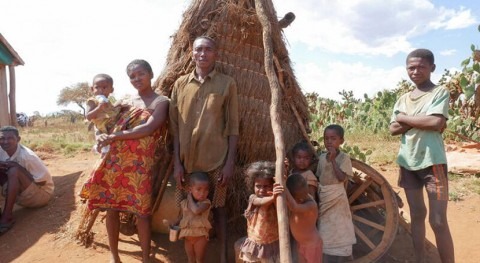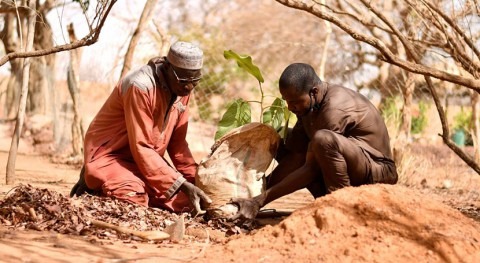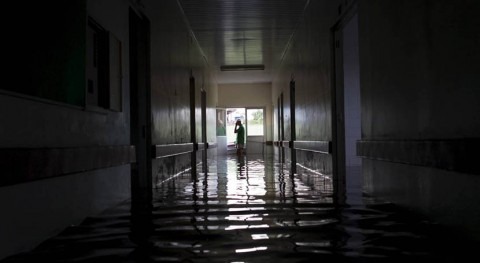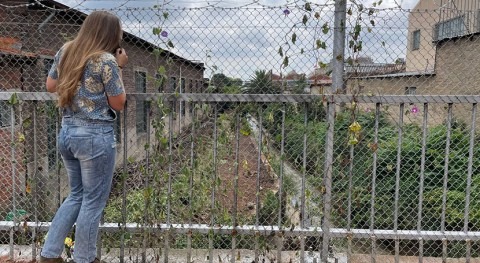Roughly 60% of developing countries' sovereign credit ratings are now negatively affected by environmental, social or governance (ESG) factors, Moody's said in a report on Monday.
Referring to 144 countries it rates globally, Moody's said risks range from climate change and the global push away from polluting fossil fuels to aging populations, social unrest and the actions and credibility of the governments in charge.
"The credit impact of ESG varies significantly," it said in the report. "While for the advanced economies, we assess the credit impact to be 'Neutral to Low' for a majority, it is 'Highly Negative' or 'Very Highly Negative' for around 60% of emerging markets."
Moody's ESG grades feed into its broader Credit Impact Scores (CIS) which help determine its sovereign credit ratings. These are a gauge of a country's financial health and strongly influence its borrowing costs on international money markets.
Its report showed a "strong" 87% correlation between a governments' CIS and their ratings, with weaker CIS generally tallying with lower the sovereign credit grades.
Examples include Bangladesh, which is particularly vulnerable to rising sea levels, and Lebanon, where very high social risk and very weak governance were key factors leading to its first sovereign default in March last year.
For climate and environmental issues, Moody's focuses on five categories; carbon transition, physical climate, water management, waste and pollution, and natural capital.
It calculates that 43% of emerging economies have either 'Highly Negative' or 'Very Highly Negative' exposure to physical climate risk. Regionally it is concentrated in 18 African and Middle East countries and 14 in Asia Pacific.
For social risk it looks at a mix of demographics, labour and income, education, housing, health and safety and access to basic services. Governance scores meanwhile factor in institutional structure, policy credibility and effectiveness, transparency and disclosure and budget management.
A total of 23 of the 104 developing countries that Moody's rates have 'very highly negative' exposure to governance factors, its analysis showed.





